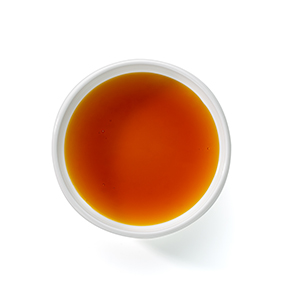Save 25% on Hundreds of Products During Our Category Closeout Sale!
We are Retiring Several Product Categories So We Can Focus on Products That Align with Our Long-Term Vision (Learn More)
Use Discount Code STREAMLINE
This discount code is valid for all products in the Closeout Categories linked below:
Bath Accessories •
Bath & Skin Care Bases •
Books •
Color Additives •
Equipment •
Flavor Oils
Melt & Pour Soap •
Packaging •
Powdered Extracts •
Plus More!
Reviewed By: Elizabeth Posted: Tuesday, May 20, 2025 Location: Conroe, TX
Reviewed By: Lakesha Posted: Wednesday, June 17, 2020 Location: Princeton, NJ
|
Do You Have Product Questions?
Our goal is to empower every customer with the knowledge needed to make informed and confident product decisions.


Clicking the button above should open your email application.
If it doesn’t, you can reach us directly at productsupport@fromnaturewithlove.com.
“Your company continues to impress me with the level of customer service, products and compassion.”
“Your company continues to impress me with the level of customer service, products and compassion. You have beat out all other suppliers in this industry for me. Consider me a loyal customer for life.”
Gina Brunette, Kiel, WI






